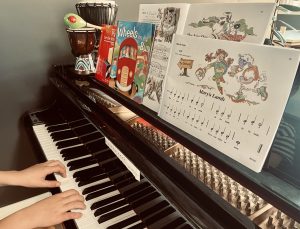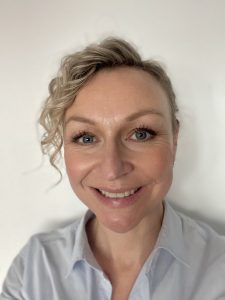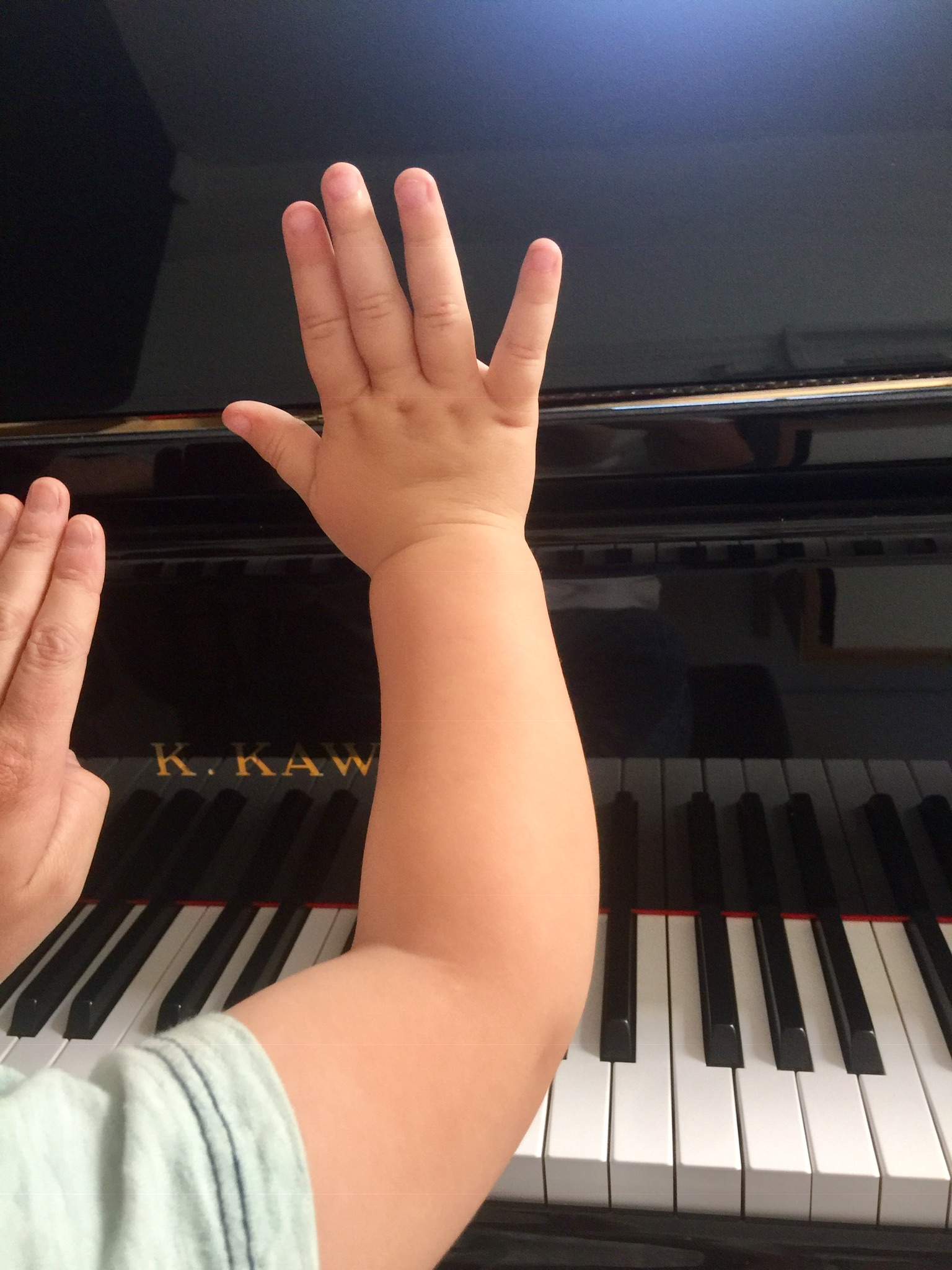
There is a particular kind of triumph that emerges from these moments. They are, as many of us can attest to, a crucial part of learning anything new. Committing to mastering an instrument is, for most of us, always going to come with a certain amount of angst amongst the joy. There will always be moments that are less about enjoying music and more about putting up with the monotony and the relentless nature of mastering anything challenging.
But what I am most interested in is the other part. The part about play.
The part that is not a challenge. The part that is joyful and inspiring and moves us to feeling connected and emotional simply because we are creating music. The part that is quite unlike anything else in this respect, because it allows us to express ourselves and feel totally lost and included all at the same time.
I am interested in adults who continue to play and find joy in playing instruments beyond the exam years. I am interested in those adults who continue to find this joy long after their parents have put away the stopwatch or star chart for daily practise and years after they have stopped having weekly lessons from a teacher.
I think that it is crucial that teachers remember we are laying the foundation of music for life, and inspiring a love of music, and a deep understanding of that music, which lasts well beyond the next term or two.
I was working with a 7-year-old piano student this term who asked me what the black notes were for. I asked her to try switching out her 3rd note for the black note when she played her next piece to me, and her eyes lit up when she heard the minor scale emerge. We went on to forgo the plan for our lesson and instead explored the blues scale and how we can play with music to make it sound cheeky or melancholy or humorous. She was so engaged and excited that she came back the following week with her own song that she’d created using the blues notes. The child that had struggled to get her head around reading music had no trouble writing out her 2-bar piece of music and even included the little flat sign. I have no doubt that she has a new motivation to continue her practise each week.
I think that music is a part of all of us, yet often it can become something exclusive that exists for those talented enough to really master an instrument or those with voices that get them into choirs.
Too often, I have come across adults in my work who are convinced they are “not musical” or rely on other teachers to provide musical components to their early childhood centres or classrooms because music is “not their thing.”
I wonder if this starts very young, when children are learning about who they are, and if we need to be really mindful of creating spaces where music exists purely for the joy of it. This includes within music lessons, so that children who are learning instruments become adults who play instruments – and they continue to do so whether they are highly talented or not.
Some of the best musicians I have ever had the pleasure of performing alongside in the past, as a lead vocalist, have not been the most highly accomplished players. The difference between a stand out show with a crowd going wild and a less engaged audience was never about the expertise of the musicians, in my personal years of experience.
It always, without fail, came down to their ability to be playful and joyful and enjoy the experience of playing for an audience who responded to their music. The ability to tease and play and create joy is one that these musicians excelled at.
The reason my children have music lessons, and something that I keep in mind when I am teaching music, is not because I see music in their career, although that is wonderful if it is. I do not necessarily mind if they join orchestras and bands although I would love them to experience playing as part of a group for the feeling it brings. I do not know if they will sit exams, but I hope they might.
For me, the most important thing is that my children and students will be playing music for the rest of their lives,
and gaining the benefits of this long after my influence fades.
I keep their joy and interest at the forefront of every lesson, and if that means we focus on something left-field one day, or spend a day improvising rather than practising scales, or find chord charts on Google to learn songs I’ve never heard of, or spend a lesson writing and experimenting then, to me, that is a lesson well spent and not a minute wasted.
I love that I often find my children playing instruments at home. They experiment and improvise and call out to each other when they discover something intriguing and show off little melodies they have picked up from a movie. They can be painful to convince to practise their music books, but they sit and play on their own at least once a day in a way that I can see completely engages them.
My wish is that everyone who learns an instrument has the opportunity to fall in love with music alongside their lessons. I think it can be easier said than done when we have short lesson times, expectant parents and exam pieces to get ready, but if we are vocal and confident in our belief that playing music also means playing WITH music …we become advocates for students who are passionate musicians for the rest of their lives and I can’t think of a greater gift.
Words by: Louise van Tongeren

BIO: Louise is the Christchurch City Council Play Advocate, a role that sees her influence and support play in all its forms across the city. She worked as a Pediatric Music Specialist in Early Intervention with children with disabilities and alongside Julie Wylie in her music school as as part of her work supporting parents, teachers and therapists to understand music and use musical play tools effectively. Louise also teaches piano to children under the age of 10, is a professional vocalist and has three sons who all love music.
